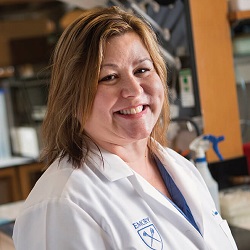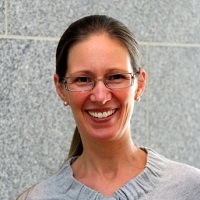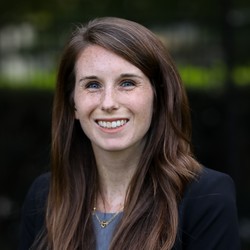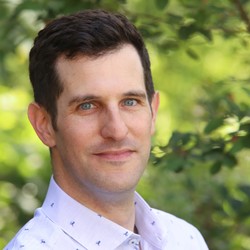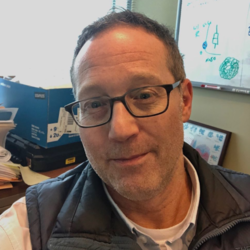Research in the Gangarosa Department of Environmental Health spans across a wide range of environmental issues, from the molecular to the global. The breadth of research in the department reflects the diversity of backgrounds and interests of our faculty, students and alumni. We tackle complex environmental health concerns from multiple angles with a variety of methods. Our department has particular strengths in air pollution, toxicology, chemical exposures, climate change, and water, sanitation and hygiene (WASH).
We pride ourselves on our dynamic partnerships with other universities, governmental agencies, non-profit organizations, and private companies. Our department is also home to a number of research centers tackling many of the most pressing environmental health issues facing our world today. Rollins students find a wide variety of work-study and other research opportunities through these research centers, individual faculty research projects, and our vast network of collaborative partnerships.
Students and alumni that are intersted in stregthening thier reseach and professional connections are encouraged to check out information on the Rollins Office of Career Development's website about MentorRollins and the Emory Chapter of the Atlanta Society of Mentors (ASOM).
Interested in keeping up to date with environmental health research and publication updates? Check out the Rollins News Center and our Facebook page!



